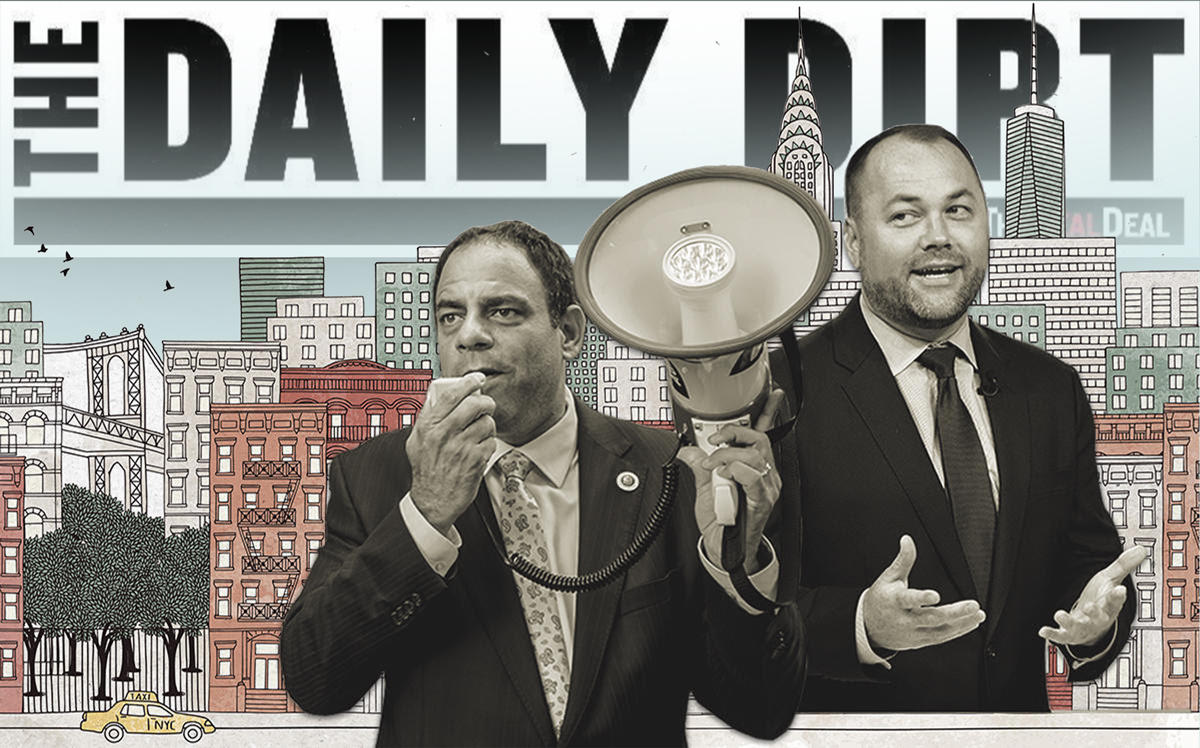 A key retrofit financing program has been expanded and now has a start date.
A key retrofit financing program has been expanded and now has a start date.
The City Council on Thursday expanded the commercial property assessed clean energy (C-PACE) program, applying it to new buildings, as well as existing ones. The program helps cover upfront costs for clean energy technologies and is paid back over time as a special property tax assessment.
The program could help building owners meet the stringent emission standards laid out under Local Law 97. Rollout of C-PACE, however, has been stalled by the pandemic, to the chagrin of owners and administrators of the program. City officials indicated on Thursday, however, that the program will launch on or near April 22.
Thursday’s bill brings the city’s program in line with the rest of the country, in terms of including new buildings. In fact, the New York legislature changed the state-based C-PACE program just last year to allow for new construction.
The bill’s passage is welcome news for the real estate industry and C-PACE providers, but doesn’t address other concerns about building owners’ ability to comply with the emission caps laid out by Local Law 97. Gov. Andrew Cuomo’s proposed budget includes a workaround that would allow owners to purchase renewable energy credits generated outside the city to comply with the law. State Senate and Assembly leaders, however, do not support the proposal.
Drama alert: One of Spencer Rascoff’s SPACs is taking a Zillow competitor public.
The Zillow co-founder’s blank-check firm, Supernova Partners Acquisition Company, reached a $3 billion deal for iBuying startup Offerpad, E.B. Solomont reports. Offerpad competes with Zillow and Opendoor, which was just taken public via SPAC last year.
Rascoff said in a statement that iBuying has a lot of room to grow and has “barely scratched the surface of real estate.”
“We believe online real estate as a whole is poised to grow rapidly in the coming years and that Offerpad is incredibly well-positioned to grab a huge piece of this market,” he said.
When asked about competing with his former employer, Rascoff told GeekWire that he is “still a Zillow shareholder, supporter and lifelong fan.” ¯_(ツ)_/¯.
What we’re thinking about: Would Andrew Farkas once again hire Andrew Cuomo if the governor is pushed out of office? Send a note to kathryn@therealdeal.com.
CLOSING TIME
Residential: The priciest residential closing recorded Thursday was for a condo at 601 Washington Street in the West Village at $7.5 million.
Commercial: The most expensive commercial closing of the day was for an industrial building at 197 Waverly Place in Clinton Hill at $3 million.
NEW TO THE MARKET
The priciest residence to hit the market was a townhouse at 222 East 83rd Street in Yorkville at $12.8 million. Its owner is listing the property.
—Research by Orion Jones
A thing we’ve learned…
According to the New York Housing Conference, eight mayoral candidates (the ones who participated in last week’s housing forum), have committed to increasing the city’s housing budget by at least $4 billion. That is the figure that a coalition organized by NYHC, United for Housing, called for in a report.
Elsewhere in New York
— Six mayoral hopefuls gathered on Thursday to speak out against the shootings in Georgia that killed eight people, six of whom were women of Asian descent, Politico New York reports. Andrew Yang spoke about his own experience with racism. “I’ve been Asian all my life, and I remember vividly growing up with this constant sense of invisibility, mockery and disdain,” he said. “A sense that you cannot be American if you have an Asian face. But this has metastasized into something new and deadly and virulent and hateful.”
— Selvena Brooks-Powers declared victory in the special election for the District 31 City Council seat, Gothamist reports. She did so after the city Board of Elections finished its first count of ballots on Thursday using the new ranked-choice voting system.
— Gov. Andrew Cuomo announced on Thursday that sports stadiums will be permitted to open with limited crowds on April 1, NBC New York reports. Mayor Bill de Blasio questioned if the decision was based on state infection rates or on the governor’s current “political needs.”
